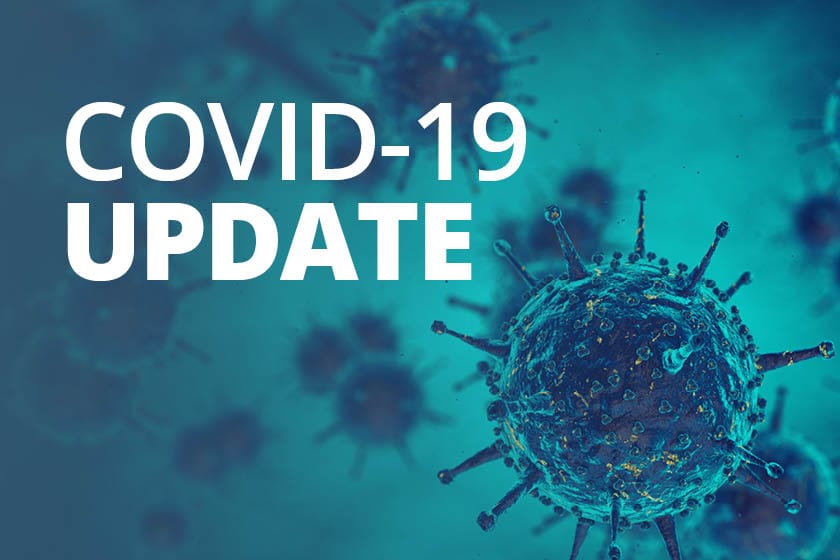A letter from medics in their 20s and 30s
06 Aug 2021
Many very sick people are still coming into hospital with COVID-19. There are a mix of ages, including lots of people in their 20s and 30s who have not been vaccinated.

The Scottish Academy of Medical Royal Colleges and Faculties has published the following letter from medics in their 20s and 30s.
We would all love the COVID-19 pandemic to be over, but unfortunately, it’s not.
Many very sick people are still coming into hospital with COVID-19. There are a mix of ages, including lots of people in their 20s and 30s who have not been vaccinated.
As young medics in our 20s and 30s, we are very concerned to witness this happening to people our age. It all seems so unnecessary.
The best way out of the pandemic and getting back to normal is through vaccination. The vaccines offer us all protection from COVID-19, and lower the chance of passing it the virus onto someone else.
The pandemic has been difficult for us all. People of our age have had their lives severely disrupted – for example, we’ve not been able to enjoy a normal social life for over 18 months.
Young people have had to put parts of their lives on hold – which is frustrating. Sometimes it feels like we are just being left out. As young medics, we share that frustration. We want to get our lives back to normal as quickly as possible too.
If you are in your 20s and 30s our appeal to you is simple: Please get vaccinated.
Many younger people are of course busy with work – we completely understand that, as we have been busy ourselves, on the front line of the NHS. But getting vaccinated doesn’t take very long, and it’s worth doing because of the protection and peace of mind it’ll give you.
We know that some young people are worried about possible side effects. There’s a lot of misinformation on social media at the moment and that leads to mistrust. But side effects are normally very mild – symptoms like a sore head, a sore arm, or tiredness normally last for just a couple of days.
That’s better than the symptoms of COVID-19 itself, or long-COVID – which can go on for months and be much worse.
We’d extend this plea to pregnant women. About one in ten pregnant women admitted to hospital with symptoms of COVID-19 requires intensive care, and about one in five gives birth prematurely, according to new data published by the University of Oxford. Vaccination from COVID-19 will protect you and your baby.
Although politicians do most of the talking about vaccines, we’re mindful that it was scientists who did the research. Many stopped working on their own research projects, to join huge teams working on the COVID-19 vaccines. Their efforts led to safe and effective vaccines in record time. It’s terrible to think where we would all be if that hadn’t happened.
There is also still risk to people over 60 from COVID-19. They are generally more vulnerable to the virus, so it’s still important for us to continue doing what we can to protect them. They are all somebody’s mum or dad, grandfather or grandmother, aunt or uncle.
Like many of you, younger medics are tired of the pandemic. But we must keep fighting on. The quicker that everyone is vaccinated, the quicker we can get back to a normal life; to doing the things that we all love.
We are in solidarity with you – and we thank you for your support for the NHS during the past 18 months.
Dr Adelina McLeod (trainee physician, Royal College of Physicians of Edinburgh)
Dr Mohamed Elseedawy (trainee GP, Royal College of GPs)
Dr Jennie Cathcart (trainee physician, Royal College of Physicians and Surgeons of Glasgow)
Dr Francis Robertson (surgical trainee, Royal College of Surgeons of Edinburgh)
Dr Eireann Allen (representative of the Scottish Academy trainee doctors group)
Category: COVID-19
Latest news and statements
Key priority areas
Topics
- Workforce
- Wellbeing
- Equality, Diversity and Inclusion
- Climate Change
- Health Inequalities
- College
- Obesity
- COVID-19
Archive
Key links
Tweets by @rcpsglasgow